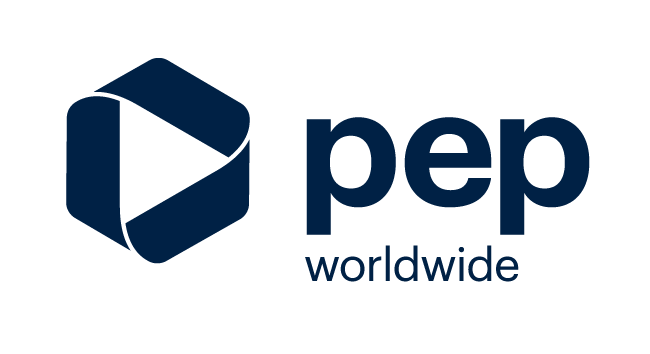Efficiency in Practice – Stop Procrastinating and Work Smart

Efficiency. A word we often throw around, but rarely fully understand. Because efficiency isn’t about running faster or stuffing your calendar to the breaking point. It’s about using your energy, time, and focus on the things that actually make a difference.
An efficient way of working doesn’t mean spending more hours at the office or juggling countless emails. It’s about making smart choices – and having the courage to say no.
The Curse of Procrastination
One of the biggest enemies of efficiency is our tendency to postpone. The “I can always do it later” mindset feels harmless in the moment, but it slowly eats away at your overview, your results, and your motivation.
Your brain tricks you with quick fixes that tickle your reward system: instead of drafting that important document, you reorganize your desk. Or suddenly it feels urgent to clean up folders on your computer.
Short-term, it feels nice to get something done (and to avoid the unpleasant task). But long-term, the pile of unresolved, important tasks keeps growing – weighing you down more and more.
And the worst part? Every time you procrastinate on something important, you undermine your own self-trust. The belief that you can get things done slips away. A task that might have taken 30 minutes suddenly becomes a mountain of guilt and stress.
A Small – but Costly – Example
Imagine your colleague asks you Monday morning to contribute a short piece for a client presentation later in the week. You estimate it’ll take 15 minutes tops – plenty of time:
- Monday: “Got it noted – loads of time this week.”
- Tuesday: “I’ll just wait until tomorrow – need to get a better overview first.”
- Wednesday: “Some urgent stuff came up – tomorrow will work.”
- Thursday: “Lots of meetings today… maybe later in the afternoon.”
- Friday: “Today’s the day – just in time!” But before you start, your colleague calls: the client is chasing the presentation. Panic sets in. You rush through it – and the result isn’t nearly as polished as you wanted.
A simple task that didn’t seem urgent turned into a stressful and slightly embarrassing situation. That’s the real cost of procrastination.
Efficiency Can Be Learned
Our Personal Efficiency Program (PEP) is all about breaking these patterns that steal your time and energy. Not with lengthy theories, but with simple, practical tools that work:
- Gather your overview: How many tasks are scattered in your inbox, Teams chat, notebook, sticky notes, or just floating in your head? Collect them into one reliable system – and free yourself from the constant “What am I forgetting?”
- Prioritize smartly: Answering every email the moment it arrives feels productive – but maybe preparing tomorrow’s client pitch creates more value. Remember: urgent isn’t always important.
- Break it down: “Write report” is intimidating. “Draft outline for report” takes 15 minutes. Small, clear steps make it easier to get started.
- Plan realistically: A day of back-to-back meetings leaves no time for real work. Block time for your own tasks – so things actually get done instead of pushed to next week.
- Do it now: That meeting invite, quick reply, or document to file? If it takes less than 5 minutes – just do it. Leaving it for later is how small tasks turn into big headaches.
Efficiency as a Habit
Efficiency isn’t something you’re born with – it’s a skill. Small adjustments in daily routines can create a huge difference in both performance and well-being.
By recognizing the true cost of procrastination and instead building healthy work habits, you can free up time, stay focused, and end your day with a sense of accomplishment. And we promise – your colleagues will thank you.
Contact us if you or your team need a gentle push toward smarter work habits.
Our job is to make you better at yours!
